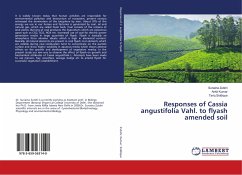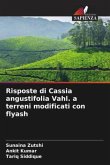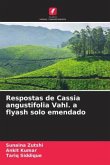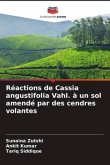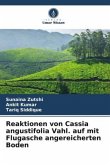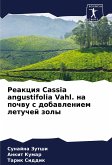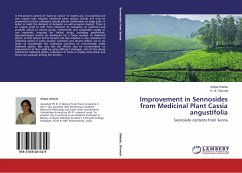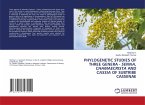It is widely known today that human activities are responsible for environmental pollution and destruction of ecosystem, present century witnessed the domination of the biosphere by man. About 97% of the energy we use in our homes and factories is generated by coal, oil and natural gas, which are called fossil fuels. Coal consists of the remains of land plants. Burning of coal produces the byproducts which are poisonous gases such as CO2, SO2, NOX etc. Increased use of coal for electric power generation results in large quantities of flyash. Flyash is basically an amorphous ferro alumino silicate which is high in elemental content. Basically, all natural elements are present in coal flyash, but elements which are volatile during coal combustion tend to concentrate on the particle surface and show higher solubility in aqueous media which shows adverse effects on the growth and development of vegetation nearby. In the present study our aim was to observe the effect of flyash on growth and biochemical attributes of Cassia angustifolia L. Attempts have been made to use manure, hay, woochips, sewage sludge etc to amend flyash for successful vegetation establishment.
Bitte wählen Sie Ihr Anliegen aus.
Rechnungen
Retourenschein anfordern
Bestellstatus
Storno

